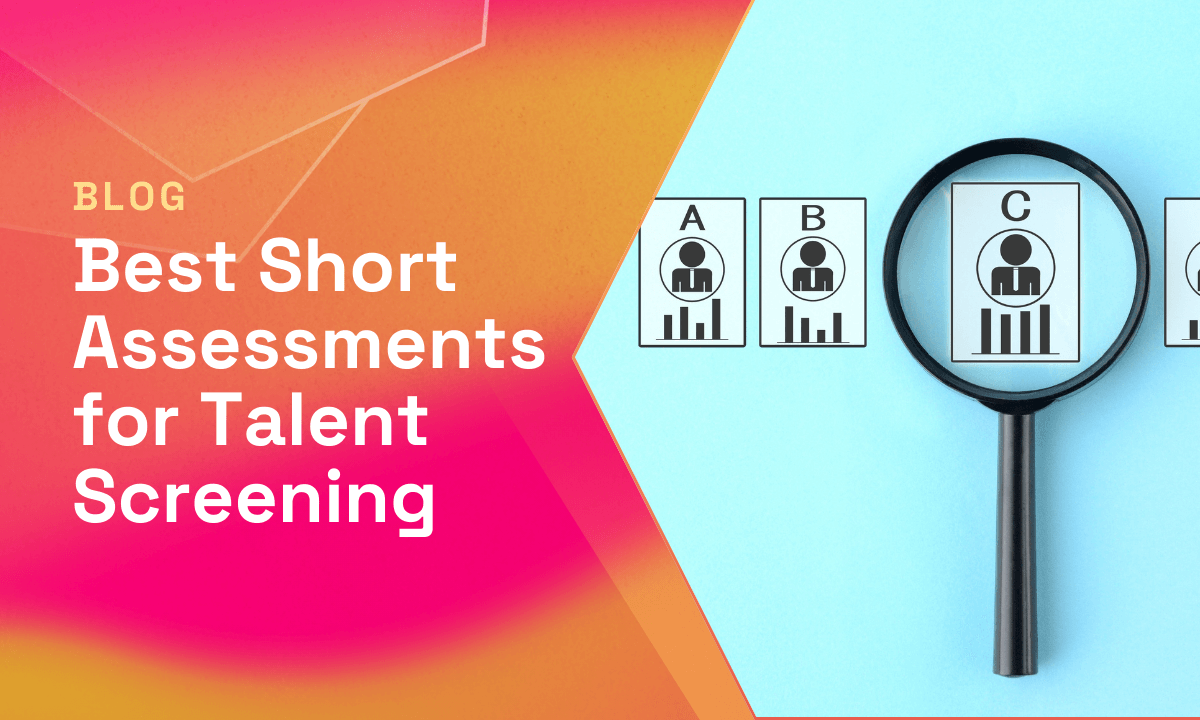The New Science of Extreme Behavior
The first article in this three-part series explored the importance of self-awareness and the critical role it plays in managing our extreme tendencies. Here we take a deeper dive into the science of extremes and outline the latest scientific thinking used to understand these dispositions.
Conventional thinking.
There is growing interest today amongst talent management practitioners and consultants in understanding the dark side of their leaders. Overconfident, narcissistic and erratic leadership styles produce toxic environments and can derail organizations. When attempting to understand these tendencies in an individual, two frameworks are conventionally used: The Dark Triad and a non-clinical application of DSM-IV personality disorders. These models define extreme traits in a categorical manner with qualitatively distinct dimensions.
While these frameworks have become the “go to” tools for understanding one’s dark side behaviors, they have limitations in understanding the full array of risky behaviors that manifest in the workplace. The latest thinking in personality science suggests a new approach, one that moves away from clinical and categorical dispositions, to a model that views our extreme behaviors to be an extension and exaggeration of our normal personality.
Considering personality when defining extreme behavior.
The Five-Factor Model (FFM) is widely regarded to be one of the most robust and empirical frameworks of personality. FFM identifies five personality dimensions comprising conscientiousness, emotional stability, agreeableness and openness to experience. FFM dimensions are not categorical in nature (i.e., either you possess it or you don’t), rather individuals are considered to exhibit varying degrees of these behaviors on a continuum from extremely low to extremely high. Psychologists have generally regarded possessing a greater extent of these traits to be better. However, there is a growing body of research that suggests that at an extreme, that is demonstrating too much or too little of these characteristics, could have negative outcomes.
For example, conscientiousness, which is typically considered a desirable personality trait, could appear undesirable at its extremes. Extremely high scorers could be inflexible and extremely low scorers, undependable. Moreover, contrary to what one is inclined to believe, in sales, individuals who score average on extraversion tend to perform better than those at the extremes. Aristotle made this argument thousands of years ago when he noted that all human qualities can become dysfunctional if they are too extreme.
This then raises the question of whether extreme behavior could be defined as part of a continuum of one’s personality, rather than separate categories of behavior?
Reframing extreme behavior as an extension of personality.
There is growing evidence that suggests that psychopathology is not limited to people who exhibit extreme behaviors alone. Clinical psychiatry is changing its approach in defining dysfunctional personality disorders, due to the poor reliability of previously determined diagnostic categories. The FFM now forms the backbone of the latest approach set by the American Psychiatric Association. Behavioral dispositions which fall at the extremes of the FFM are now considered likely to be dysfunctional, maladaptive, and a strain on interpersonal relationships, while personalities that lie in the middle are more likely to be adaptive and functional.
In practice this means that our extreme tendencies are not wholly different from our day-to-day dispositions or personality. Instead, when we drop our guard or feel stressed, these otherwise helpful characteristics become exaggerated. The same way overusing a muscle causes strain and injury, operating at the extreme of one’s normal self leads to negative outcomes.
The Deeper Signals approach.
At Deeper Signals, our talent assessments are built on this latest scientific thinking and empirical research. The Core Drivers framework that forms the foundation of our tools is built on this modern, dimensional way of assessing one’s extreme dispositions. Taking an integrated approach to interpreting an individual’s normal and extreme tendencies, provides a holistic understanding of one’s strengths and challenges.
In addition to accurate insights of an individual’s talents and extremes, our tools provide actionable feedback to raise self-awareness and support behavioral change. Moreover all of this information is provided in a single report, that is easy to understand, without the need to understand additional frameworks with interpretative conflicts. Our goal is to keep things easy and intuitive, helping us achieve our mission of providing self-insight and awareness to all.
Although it can be uncomfortable to address our extremes and the prickly aspects of our behavior, if we’re serious about growing talent, building and becoming effective leaders, we must take an honest look at the good, the bad and the ugly!
Stay tuned for our third and final entry in this series, where we will share a deep dive into the 12 “Core Risks” and how to manage them.





























